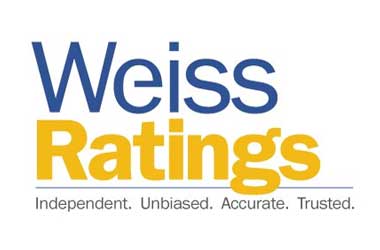 Nigeria is witnessing exponential rise in P2P (peer-to-peer) Bitcoin (BTC) volume, with the country transforming as the center of blockchain adoption in Africa.
Nigeria is witnessing exponential rise in P2P (peer-to-peer) Bitcoin (BTC) volume, with the country transforming as the center of blockchain adoption in Africa.
As per Quartz Africa, Paxful, a Bitcoin P2P marketplace, has published data that indicates Nigeria as the second in the list of countries recording huge trading volumes. The first position has gone to the US.
In the last five years, Nigerians had traded more than 60,200 Bitcoins, worth roughly $566 million, using the Paxful platform. Data published by Coin Dance indicates that trading volume at the end of December 12 was naira 886.30 million (approximately $2.30 million).
The growing popularity of Bitcoin in Nigeria is attributed to two main factors: tough Forex laws enforced by the Central Bank of Nigeria (CBN) and also the fast depreciation of the naira, the national currency of Nigeria.
In a media release made on December 16, the CBN had ordered international money transfer operators (IMTOs) to stop processing cash transfers in naira by the country’s expatriates.
As per the central bank data, the initiative is in accordance with the latest guidelines of permitting Nigerians to obtain global payments household accounts. A notice was also published by the central bank that points out the IMTOs TransferWise and Azimo as illegal operators in Nigeria.
Even though the CBN is relaxing a portion of its tough Forex laws, the issues created by the earlier banking rules continue to encourage Nigerians to venture into cryptos. Obviously, adoption of Bitcoin is rising sharply as countries face increasing inflationary pressure and decreasing trust in the domestic fiat currency.
Azimo, Transfer Wise Not Registered IMTOs pic.twitter.com/K6H6ZkVeno
— Central Bank of Nigeria (@cenbank) December 16, 2020
Bitcoin is also perceived as an alternative to banking and finance framework, which is firmly under the grip of governments, for tech led millennial in the average age group of 18 years.
Interestingly, Bitcoin and other forms of crypto donation played a major part in backing October protests against the government, which resorted to freezing of bank accounts.
As per data from Google Trends, Nigeria takes the foremost position with respect to worldwide search for Bitcoin. Nevertheless, regulatory transparency for both blockchain and cryptocurrencies is yet to become a reality.
In September, Nigerian Securities and Exchange Commission (SEC) disclosed its intention to develop a regulatory infrastructure for cryptos. During the same period, the Commission issued a statement stating that it would govern cryptos by categorizing it as securities, until an evidence to prove otherwise is submitted.








